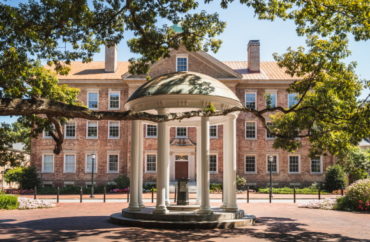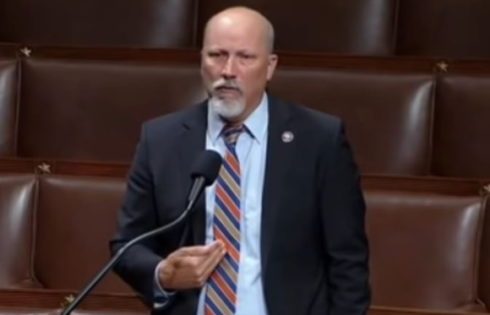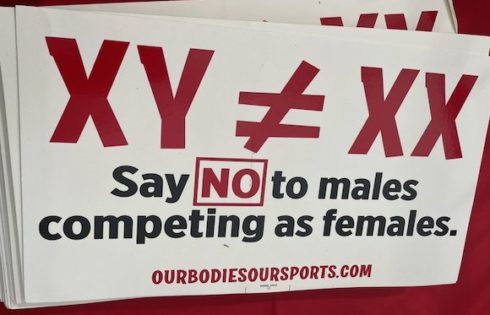
UPDATED
Why would someone subject themselves to a four-year-long “traumatizing” experience if it was within his power to avoid it?
That should be asked of the African-American students featured in a recent Daily Tar Heel article about the “adjustments” students of color have to make upon arrival at the University of North Carolina.
Although the racial demographics at UNC are largely in line with those of the nation as a whole, some — like The Black Student Movement President A. Epps — said it took some time to adjust to the campus demographics.
Student Alex Robinson agrees, noting UNC’s resources for transfer students like her are “very predominantly white”: “It was really intimidating, because even in these spaces that were ‘geared toward me,’ they were very much so predominantly white, and honestly I was really uncomfortable.”
Robinson said at Carolina she sometimes finds herself being the only Black person in the room, and therefore she feels the obligation to constantly be a representative for her race.
“I feel like it’s traumatizing to have to be in these spaces and have people say ignorant things to you, or about you, or about your race, and having to correct them constantly and having to educate them,” she said. …
While the number of Black students admitted to UNC remains stagnant, Epps said Historically Black Colleges and Universities nationwide are experiencing increased enrollment.
“HBCUs overall are seeing a boom in students who are enrolling, and obviously that means Black students are enrolling, which is great because overall, our community is becoming more educated,” he said.
Epps said predominantly white institutions like UNC are not seeing the same type of enrollment boost because students of color feel more welcome at HBCUs.
“When we have literal racist statues that commemorate oppressors of the very students that we are allowing into this institution, students are not feeling like they belong here,” he said. “Like they aren’t feeling like they have a place, like they are fully embraced, and so they’re going to want to go to a place like an all-Black institution.”
Epps said in a 2024 email to The College Fix he made the comments in the context of protests on campus at the time and was only speaking in general terms — not speaking to how he felt then or today or his personal lived experiences.
Imagine how a student from Dickenson County, Virginia would feel upon arriving at, say, North Carolina Central University. But … certainly the student would know in advance what to expect, right? And wouldn’t then whine about it to the student paper … ?
Thankfully, Epps and Robinson don’t represent a monopoly on black feelings at UNC.
Chris Faison, coordinator for UNC Men of Color Engagement, said “At Carolina, the environment is helpful to students that come from minority-majority backgrounds because the world is different than what we grew up in, although we may feel isolated, or students may feel isolated, it’s a taste of what the world is like.”
Faison added “the fact that my position exists” shows U. North Carolina “wanting to get it right.”
But it takes student Chuka Akpom to break through the usual diversity PC-speak with some basic common sense:
“In order to maximize the diversity of my experience, one, and two, my network, I just thought it would make the most sense to expand my circle and to build connections that are outside my comfort zone, to talk to people that I wouldn’t necessarily talk to on a daily basis.”
What a concept — actually taking the term “diversity” at face value!
Editor’s note: The article has been amended for clarity.
MORE: Black prof: Minority safe spaces do more harm than good
MORE: Northwestern plans to quadruple safe spaces for black students
IMAGE: YouTube
Like The College Fix on Facebook / Follow us on Twitter






Please join the conversation about our stories on Facebook, Twitter, Instagram, Reddit, MeWe, Rumble, Gab, Minds and Gettr.